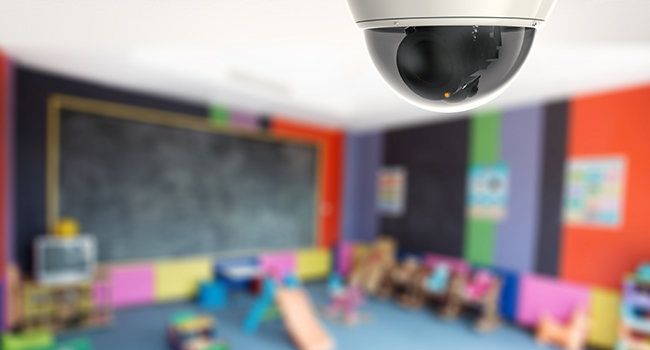
Proposed Louisiana Bill Would Require Cameras in Public School Special Needs Classrooms
A new bill introduced in the Louisiana House would require classrooms with special education students to have cameras.
- By Jessica Davis
- April 10, 2019
Proposed House Bill 283 would require Louisiana public schools, including charter schools, to install and operate video- and audio-recording cameras in classrooms and other educational settings where students receive special education and related services.
The bill, introduced by Rep. Mark Wright, wouldn’t apply to classrooms were the only students receiving special education are those designated as gifted or talented and who have not been identified as also having a disability.
The proposed bill follows a March incident reported by KLFY-TV in which a 9-year-old boy with autism was handcuffed to a chair by police at an elementary school in Louisiana.
Laws requiring cameras in special education classrooms have been in place in Texas and Georgia for a few years. Legislators in West Virginia and Arkansas are also considering similar laws, as well as Kentucky’s Lyon County School Board. Lawmakers stressed that the cameras would help ensure the students’ protection.
Under Wright’s proposed bill, cameras would not be allowed inside of restrooms or other areas where clothing may be changed or removed. Teachers and other school staff, students, parents and authorized visitors would receive written notice about the presence of cameras in these classrooms.
Campuses would be required by law to keep video and audio recordings for at least a year, and the bill would also require schools to create policies to protect student privacy.
For example, only the school superintendent (or someone designated by them) and the parent of the recorded student would be allowed to view the footage, and footage of students other than the parents’ child would be required to be redacted. Anyone who views a recording and sees what they believe could be a violation of law would be required to report the footage to law enforcement.
About the Author
Jessica Davis is the Associate Content Editor for 1105 Media.